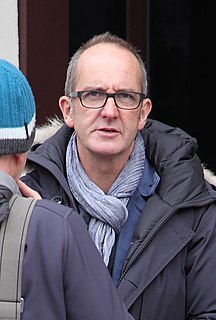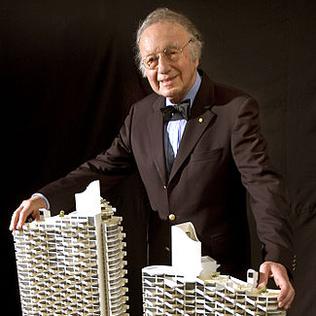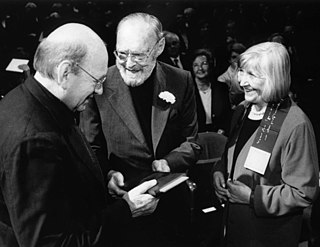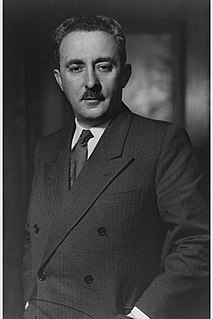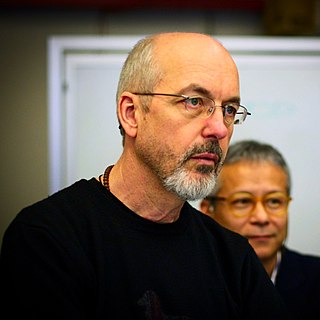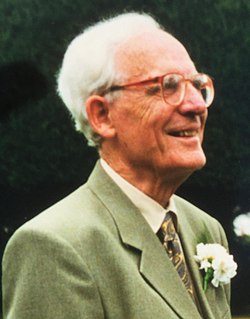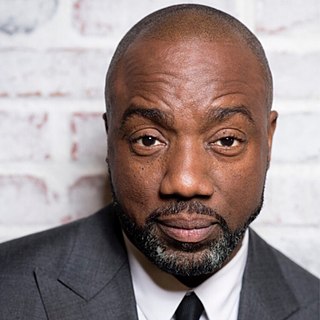A Quote by Kevin McCloud
I cannot look at modern buildings without thinking of historical ones.
Related Quotes
As time went by we developed a sort of ideology without ever formulating it as such. I've always said that we are documenting the sacred buildings of Calvinism. Calvinism rejects all forms of art and therefore never developed its own architecture. The buildings we photograph originate directly from this purely economical thinking.
There are hundreds of Frank Lloyd Wright buildings around the United States and in other countries, too. Wright lived into his 90s, and one of his most famous buildings, the Guggenheim Museum in New York, was completed just before his death. Wright buildings look like Wright buildings - that is their paradox.
Just understand, don`t choose - don`t choose even choicelessness. Simply understand the whole situation: that whatsoever you choose, whatsoever you do, will come out of the calculating mind. It cannot be the real thing. Your mind can only produce dreams, it cannot produce the truth. Truth cannot be produced, nobody can produce it. It is there; it has to be seen. Nothing has to be done, just a look is needed - a look without any prejudice, a look without any choice, a look without any distinctions.
